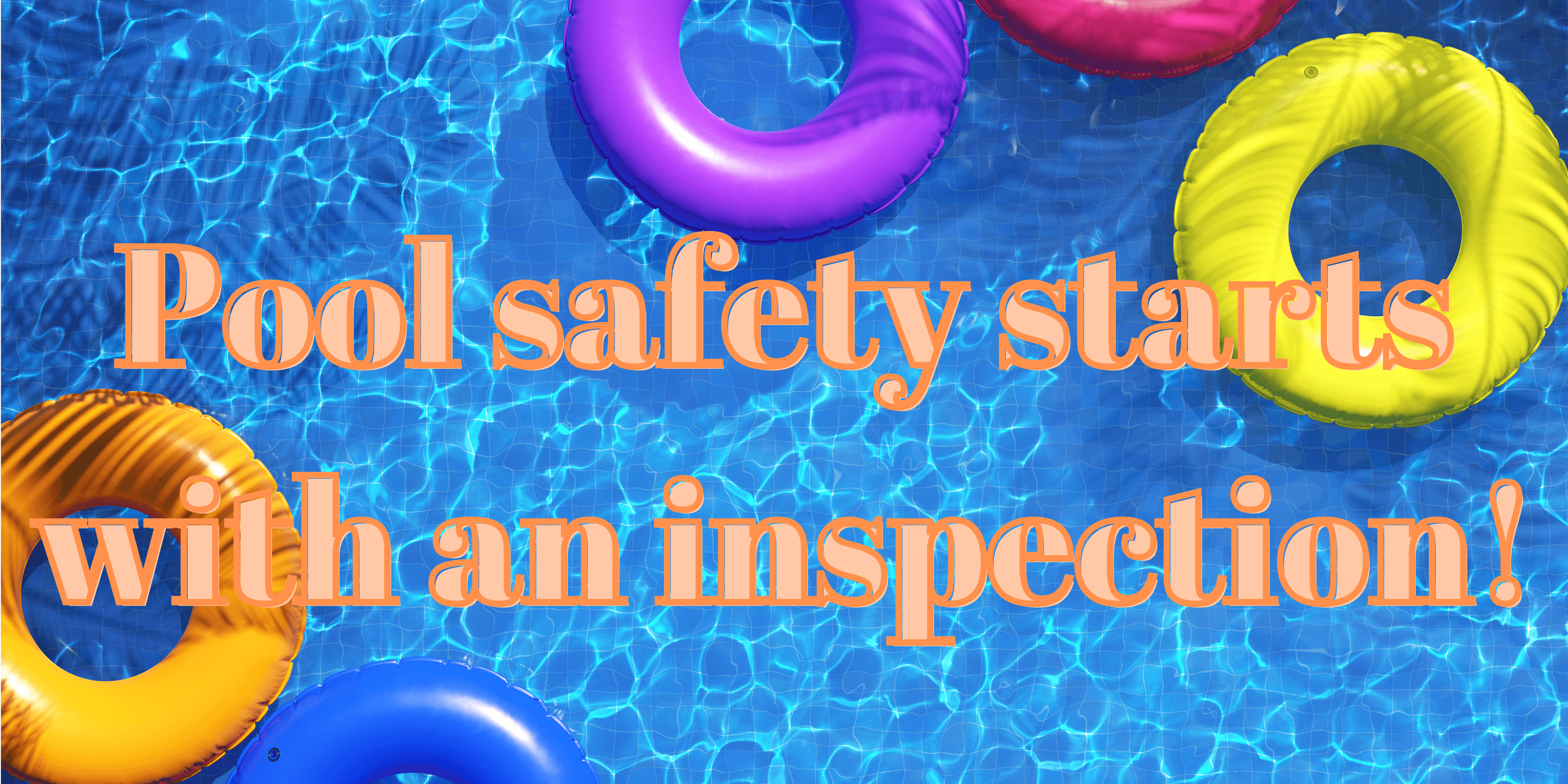What we do
Two Rivers Public Health Department conducts completely free and voluntary pool inspections to residents in our district. Two Rivers Public Health Department now has the certification and capabilities to inspect private home pools completely free. TRPHD employees ensure a properly maintained pool to prevent the spread of waterborne disease and create a healthy space for exercise and wellness.
Why: pool safety is important to prevent drowning, chemical injuries, and other safety hazards. Ultimately, the reason they will be testing the water quality of your pool is for health and safety. They will ensure your pool’s water is safe to swim in for prolonged periods – too many or too few swimming pool chemicals can both compromise the water’s hygiene and safety.
What we test for
What they will do: An overall inspection of the safety of your pool, including testing chemicals and making recommendations to improve physical safety. They will be testing the water for these things:
- Calcium Hardness
- When you think of calcium, you think of bones! Calcium is a mineral that hardens overtime. If its too high, it can cause cloudiness, but too low can cause corrosion of your pool!
- Chlorine Level
- The most common pool chemical, chlorine, is your pool's sanitizer. Its role is to oxidize microbes, sweat odors, and other contaminants. It traps them and releases them into the air.
- Cyanuric Acid Levels
- Outdoor pools require a chemical called cyanuric acid. Chlorine burns off quickly in the hot sun, so this chemical protects and stabilizes the chlorine so it can do its job at keeping the pool clean. Most chlorine made for outdoor pools comes with cyanuric acid already added- they will say “stabilized” on the label.
- pH Level
- Total Alkalinity
- Alkalinity is a chemical that is meant to maintain the pH of your pool- otherwise how acidic or basic your pool water is. Usually, baking soda is used to correct it!
- Total Bromine
- Bromine is an alternative to chlorine. It still disinfects pools, but instead of trapping contaminants, it destroys them through breaking their chemical bonds.
Further education on these chemicals and their levels will be provided at the inspection.

